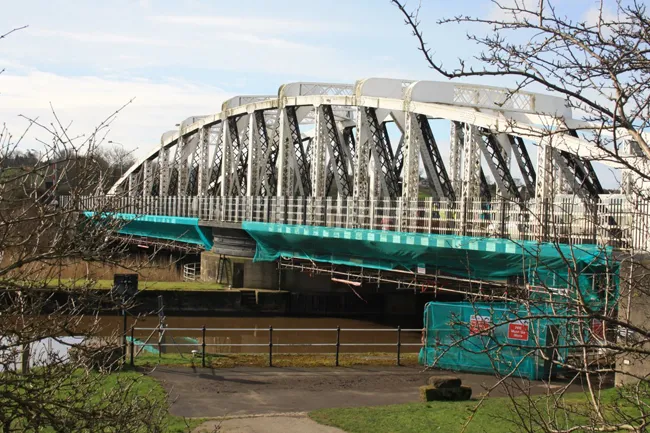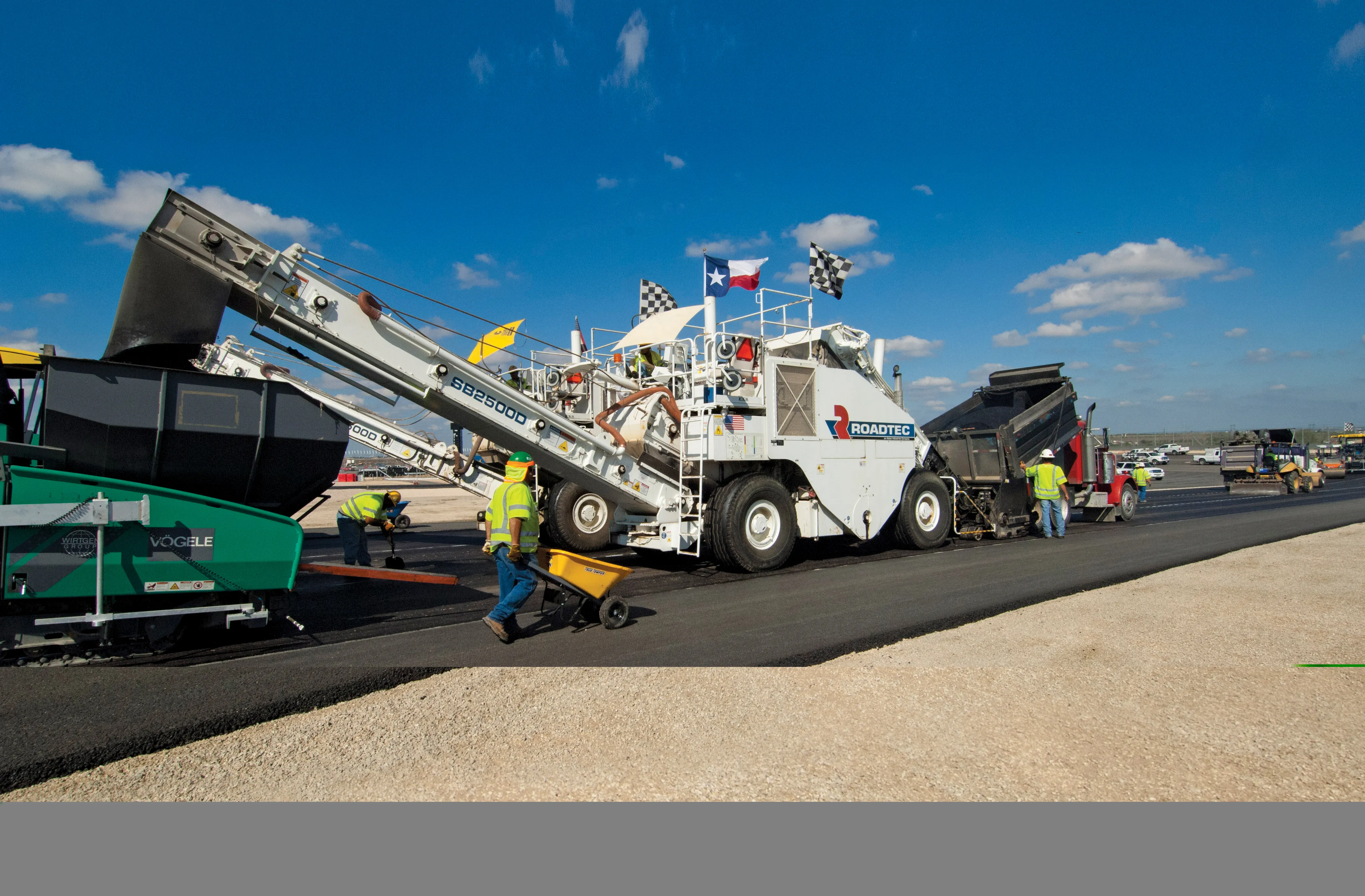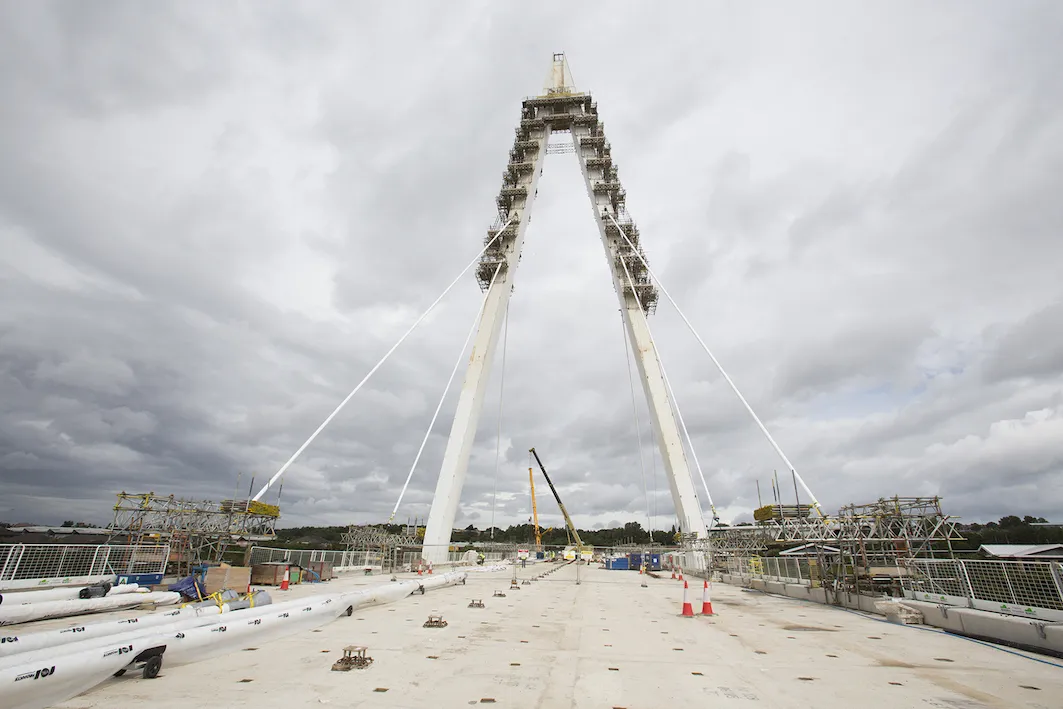
The 84-year-old bridge, which is cared for by the Canal & River Trust charity, carries the busy A49 road over the River Weaver Navigation, in the county of Cheshire. A recent €1.7 million complete refurbishment included strengthening works to the underside of the bridge as well as improvements to its appearance.
Core to the project’s success was the ability to enhance the bridge’s structural integrity to allow for heavier traffic. The challenge was to do this without an increase of mass – given the required 2.5m allowance for boats passing underneath.
As such,
With works now complete, the contract saw Aggregate Industries supply 100tonnes of 0/14mm Lytag - a tailored blend of aggregates specifically designed to offer a greater reduction in concrete density.
“However, it is significantly lighter, thus reducing the dead load of a construction. In projects such as Acton Swing Bridge, where strengthening works need to be achieved without resulting in an increase to size or mass, this product can really make the otherwise infeasible achievable.”
The lightweight concrete has a density of 1,850kg/m³ using natural fines (normal weight concrete of 2,400 kg/m³). If fines are used in conjunction with the 4/14mm aggregate, the density can be as low as 1,650kg/m³.
Using Lytag within the design can not only reduce the thickness of the slab, columns and foundations but reduce the amount of rebar required, resulting in a quicker more cost-effective greener structure.
Aggregate Industries is a member of the Swiss global building materials provider LafargeHolcim Group.









